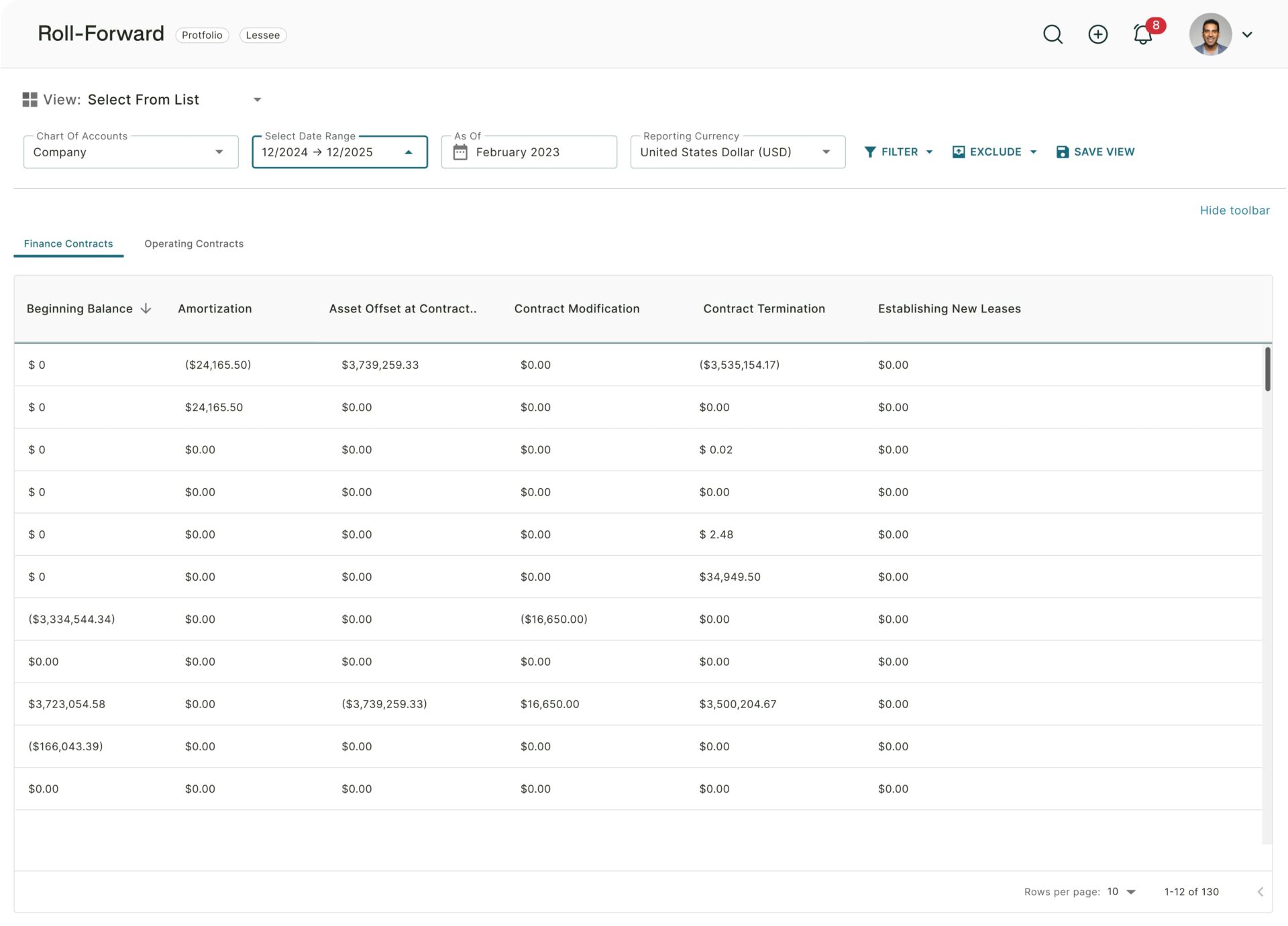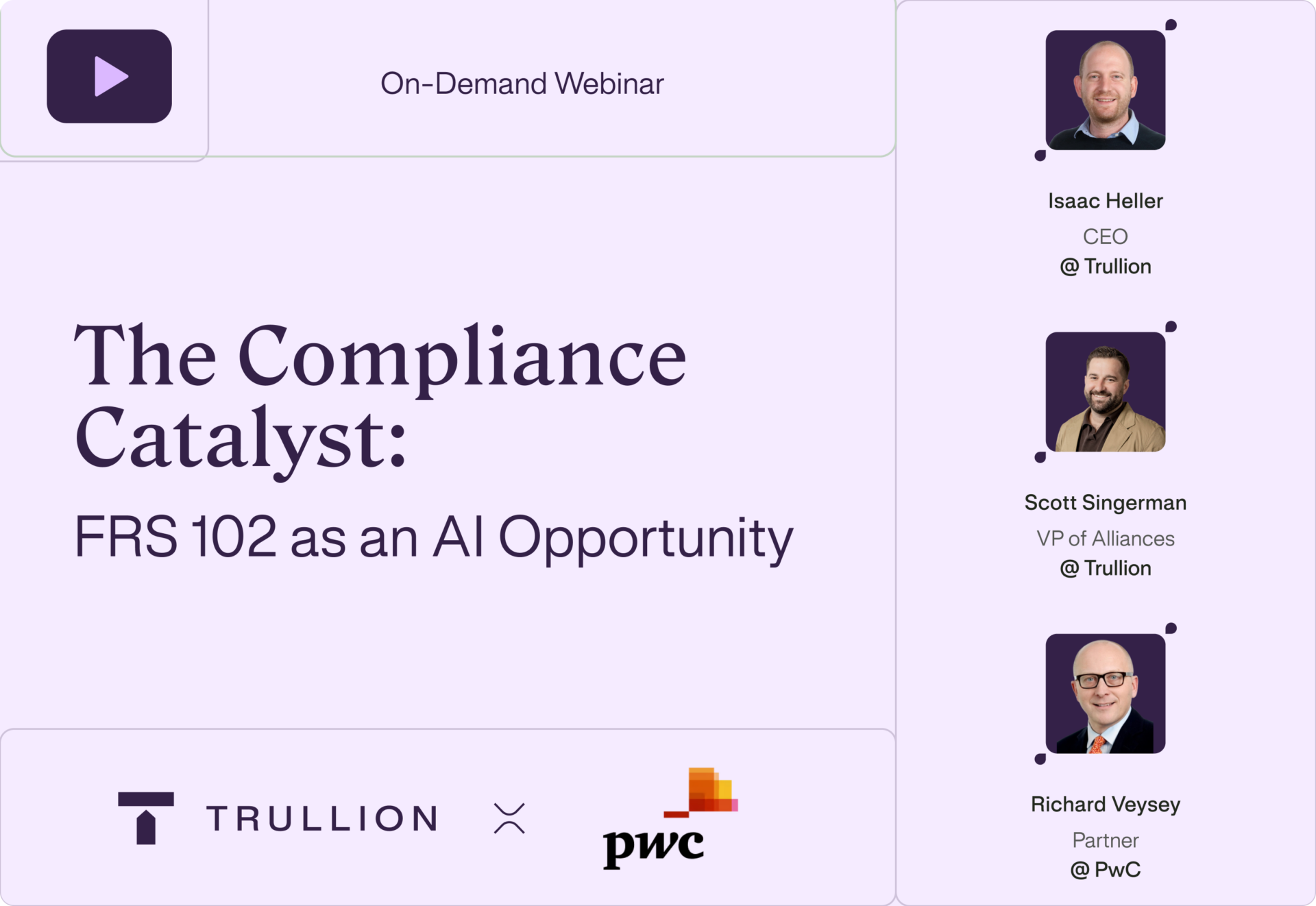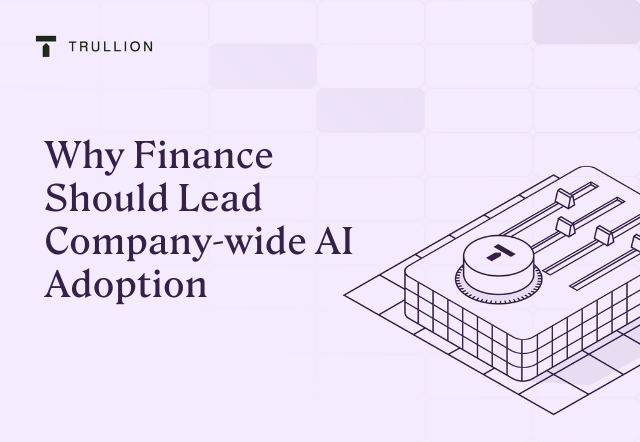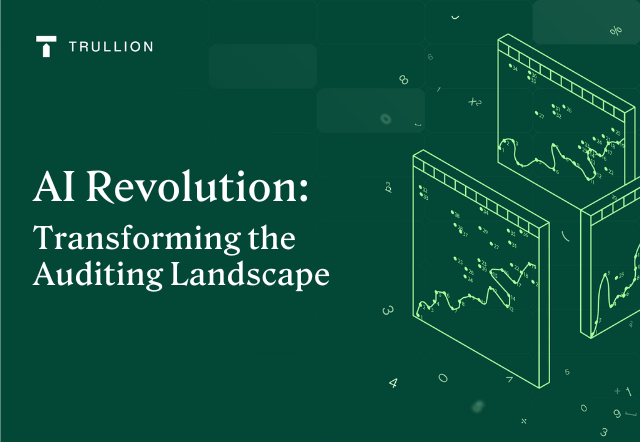Introduction
The question of who should lead company-wide AI adoption in an organization has become increasingly relevant. Boards, investors, and internal stakeholders have glimpsed the importance of these initiatives in terms of strategic and tactical benefits – ranging from reduced costs and higher revenues, to greater market share and a long-term competitive advantage.
AI adoption also comes with risks, and that’s why it’s accepted best practice to have one person within the company, preferably a senior executive, leading these efforts.
Here are four compelling reasons why the person leading company-wide AI adoption should be a finance leader such as the CFO.
1. The CFO has company-wide visibility
The finance leader uniquely sits at the junction of all departments. And unlike the CEO, the CFO is familiar with both top-line information, as well as granular details; from budgets to actual results, as well as projections and historical data.
They are, therefore best placed to understand where AI adoption is necessary, and where it will result in the biggest gains or the largest impact.
Instead of being a tactical decision initiated by a head of department for example, with the CFO leading efforts it can be a strategic decision that impacts the long-term performance and positioning of the company as a whole.
2. The CFO has a unique understanding of risk management
The CFO is required by the relevant accounting standards and laws to regularly report on the risks the company faces, and mitigation strategies in place to address these. She is therefore compelled to constantly assess these risks, and ensure that they are being adequately managed.
As just one example, U.S. GAAP (ASC 275 Risks and Uncertainties) requires disclosures regarding risks and uncertainties that could significantly affect the amounts reported in the financial statements in the near term or the near-term functioning of the entity. And the SEC requires public companies to disclose significant financial risks in their filings, such as in the Management’s Discussion and Analysis (MD&A) section of annual (Form 10-K) and quarterly reports (Form 10-Q).
With AI projects requiring substantial investment, the CFO can ensure that these initiatives align with the company’s financial strategy and goals, managing risks effectively.
3. CFOs can effectively quantify costs and opportunities
Coming from a robust financial background, the CFO is used to analyzing decisions based on projected costs and benefits.
For example, when assessing the viability of a new project, the CFO and their team are often responsible for predicting and forecasting its success, including calculating key metrics such as as net present value (NPV), internal rate of return (IRR), discounted cash flow (DCF), or payback period.
This discipline is crucial when evaluating company-wide AI initiatives. Finance leaders can – more accurately than anyone else – calculate the expected costs to be absorbed and benefits that will accrue should an AI-based initiative be launched.
On an ongoing basis, CFOs with experience in allocating capital efficiently across competing projects can prioritize AI investments that promise the highest returns, ensuring optimal use of resources.
This isn’t to say that they will do so alone. Cross-departmental collaboration is key, as each team or department will have valuable input to contribute.
This further makes the case for the CFO to lead such efforts, as they are used to collaborating effectively with other departments across the company.
4. The CFO can maintain a compliance focus
One of a finance leader’s primary concerns is compliance. With AI initiatives, companies can be opening themselves up to a range of compliance-related issues. For a sales-related leader for example, compliance is not necessarily top of mind and there exists the danger that performance or results might be prioritized at the expense of compliance.
Just the implementation of generative AI (“GenAI”) presents challenges, such as data privacy violations if personally identifiable information is used without proper consent, intellectual property rights infringements when GenAI systems generate content based on copyrighted material, and potential bias and discrimination if the AI models perpetuate biases present in training data.
Examples of CFO-led company-wide AI adoption
There are many instances of CFOs and other finance leaders successfully driving AI-based projects across the company. Some examples include:
- Financial Services: At a multinational bank, the CFO led the adoption of AI in risk assessment, fraud detection, and customer service optimization. In doing so, the bank improved its loan approval process, enhanced fraud detection mechanisms, and offered personalized financial advice to customers, significantly reducing operational costs and improving customer satisfaction scores
- Retail: The CFO of a global retail chain initiated the use of AI for inventory management, demand forecasting, and personalized marketing. This initiative helped the company reduce inventory costs, optimize supply chain operations, and increase sales through targeted marketing campaigns.
- Healthcare: In a major healthcare company, a leading member of the finance team championed the use of AI for patient data analysis, operational efficiency, and predictive analytics for patient care – leading to improved patient outcomes and more efficient use of resources.
- Manufacturing: At a regional manufacturing firm, the CFO led the implementation of AI in predictive maintenance, quality control, and production planning. This resulted in reduced downtime, improved product quality, and optimized production schedules, directly leading to reduced costs and increased output efficiency.
- Technology: A SaaS company CFO was successful in driving the adoption of AI for product development, market analysis, and customer support. The results included new sales records and reduced churn.
The CFO as AI adoption champion
Only the CFO or finance leader has the necessary skills, experience, and visibility to successfully lead company-wide AI adoption projects.
This natural extension of the role heralds an exciting new era for CFOs, as their “area of expertise” expands beyond pure finance.
For CFOs and finance teams wanting to adopt AI-driven solutions within their own finance department – which can free them up for strategic company-wide initiatives and let them experience the power of AI for themselves – Trullion offers the perfect opportunity.
With Trullion’s AI-powered accounting automation, finance teams can drive real business performance, modernize their toolkit, slash risks, improve reporting, and automate key workflows.
Reach out to the Trullion team today to learn more.









